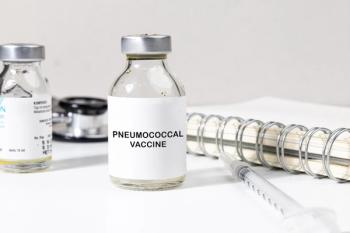
Vaccine Storage: The Game Has Changed
Vaccines have been at the top of everyone's mind for nearly 2 years, resulting in much focus worldwide on the unique storage conditions required for the newer mRNA-based vaccines. Some of these new vaccines require
Whether a vaccine is a new mRNA-based vaccine or a traditional vaccine, the storage conditions listed by the manufacturer typically specify that vaccines need to be stored from +2°C to +8°C just before administration and that they must be prevented from freezing to protect their viability.
One would think that protection from freezing is an easy task for a refrigerator. Yet given that the temperature storage requirements are so close to freezing, any issues with the refrigerator’s temperature control—or any issues that might obstruct airflow, such as overloading with too much inventory—can put products at risk. In fact, a Department of Health & Human Services (DHHS) Inspector General report from 2012 stated that the vast majority of clinical providers they studied allowed vaccines to be exposed to improper temperatures, which can affect potency and efficacy and expose vaccine recipients to unnecessary risk.
To help combat inappropriate storage conditions, the CDC worked with the National Science Foundation (NSF) International and the American National Standards Institute (ANSI) to create a committee to develop guidelines for
The committee released the new guidelines in June 2021. These guidelines set a new standard, and will help ensure that refrigerators and freezers certified to this standard and used for
As you select vaccine storage equipment, consider carefully what your requirements are for both frozen and refrigerated storage, the available space in your facility, and most importantly, the equipment design.
PHCbi brand ultra-low temperature freezers, pharmaceutical refrigerators, and biomedical freezers are purpose-designed from the ground up with cold wall freezer sections to eliminate temperature spikes caused by freezer defrost cycles and refrigerators that maintain even temperature uniformity regardless of the product load while protecting products from freezing. Our product portfolio addresses the full range of vaccine storage needs and space constraints and includes undercounter refrigerators and freezers and combination freezer/refrigerator models.
Visit the full line-up
Newsletter
Pharmacy practice is always changing. Stay ahead of the curve with the Drug Topics newsletter and get the latest drug information, industry trends, and patient care tips.





















